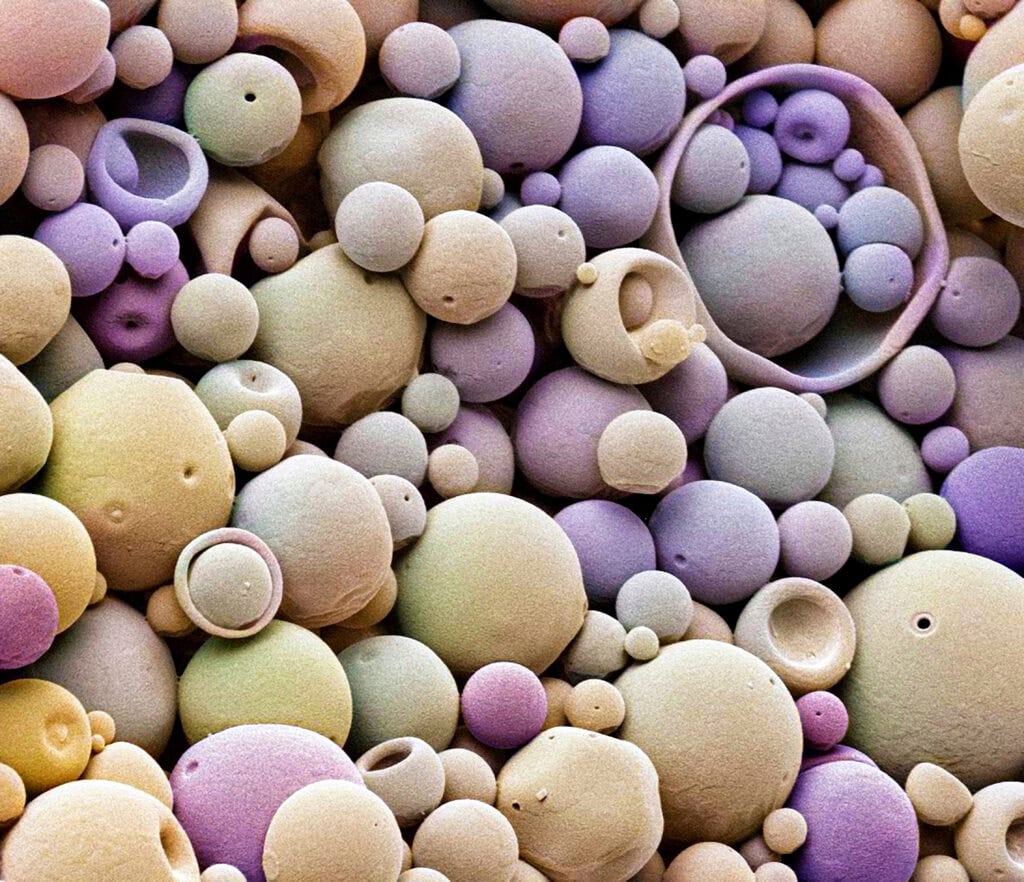
Summary
Poly(lactide-co-glycolide) (PLGA) has emerged as a versatile polymer in the medical device industry, primarily due to its highly tunable degradation rate, varying from months to years. This tunability allows PLGA to be used in various applications, with particular interest in drug delivery systems. While the degradation rate is tied to the block copolymer’s chemical composition, it is also influenced by the polymer’s structural characteristics.
In this study, we present findings from gel-permeation chromatography (GPC) analysis of a drug delivery material, employing triple detection techniques. This approach allows for the determination of crucial parameters, including absolute molecular weights, molecular weight distribution, Mark-Houwink parameters, and extent of polymer chain branching. Additionally, we offer a concise overview of the capabilities and applications of triple detection GPC, highlighting its significance in polymer characterization.
